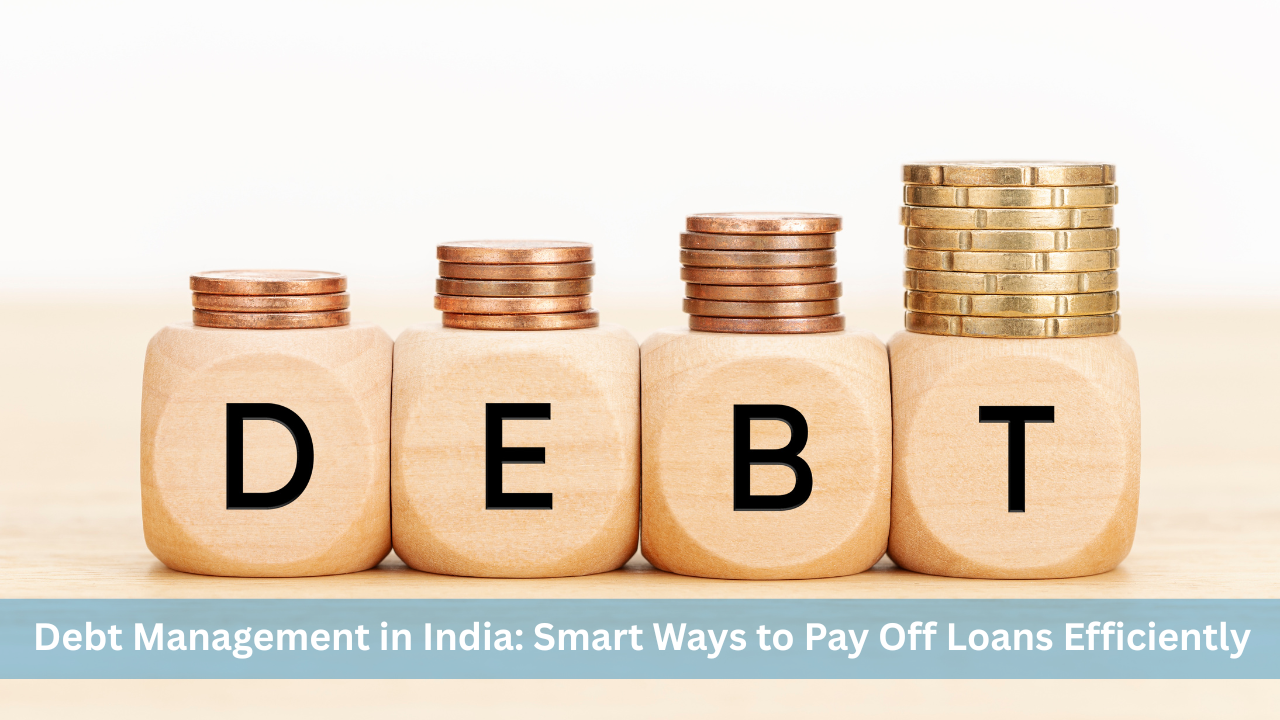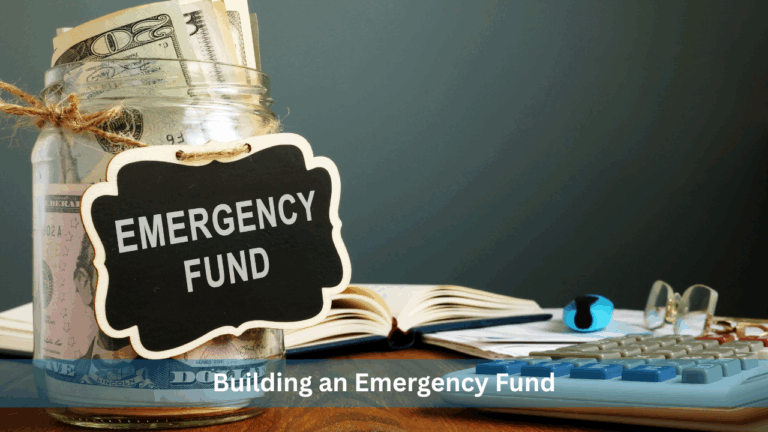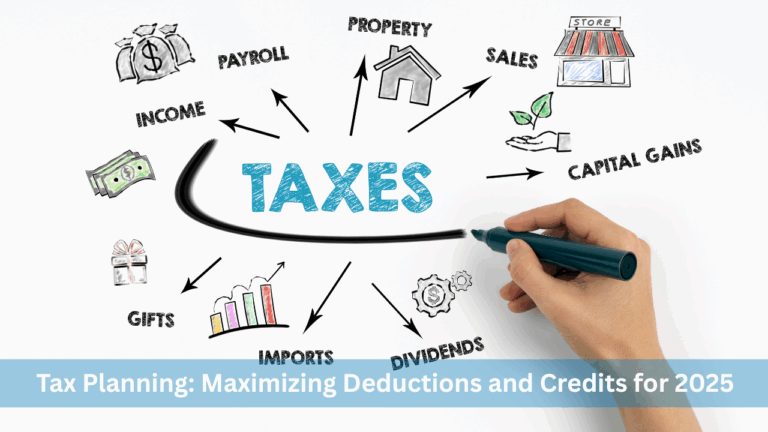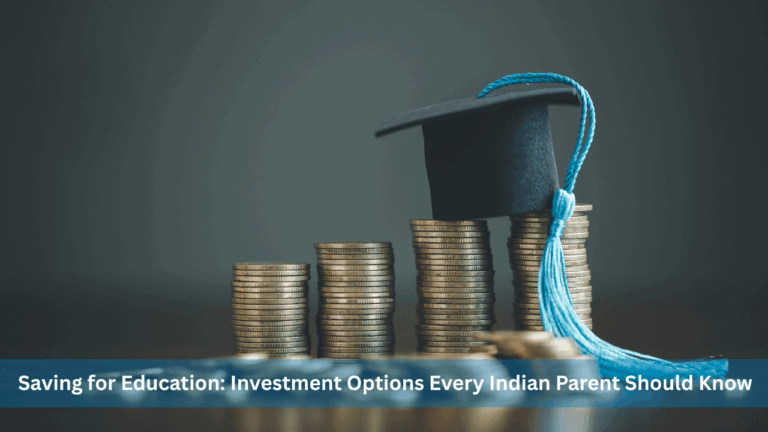Debt Management in India: Smart Ways to Pay Off Loans Efficiently
In today’s world, loans have become an essential part of life for many Indians—be it for education, a home, a vehicle, or emergencies. While borrowing money can ease financial burdens temporarily, repaying it efficiently is just as important. Managing your debt in a smart and structured way not only gives peace of mind but also helps improve your credit score and financial health.
At Your Story, we believe that debt doesn’t have to be a lifelong struggle. With proper planning and a few practical strategies, anyone can take control of their loan repayments and work towards a debt-free future.
Understand Your Loans First
The first step in managing debt is knowing what you owe. This might seem basic, but it’s surprising how many people don’t have a clear idea of their total debt. List out all your loans—personal loans, credit card dues, home loans, education loans, etc. Note down the principal amount, interest rate, EMIs, and due dates.
Once everything is written down, it becomes easier to see which loans are urgent, which carry higher interest, and which ones can be managed more flexibly.
Prioritise High-Interest Loans
All loans are not the same. Some loans like credit cards or personal loans often carry high-interest rates. These should be paid off first because they increase your financial burden more rapidly over time. This approach is known as the “avalanche method”. You pay minimum EMIs on all loans, but any extra money you have is used to clear the high-interest debt first.
By doing this, you reduce the amount you pay in interest over the long term. This strategy is simple but very effective and is commonly recommended by financial experts.
For more debt-related financial insights, Your Story regularly shares practical tips and resources.
Create a Realistic Budget
One of the most helpful things you can do is create a monthly budget. This does not mean cutting out every little pleasure. Instead, try to keep a balanced view of your income and expenses. Look at areas where you can reduce unnecessary spending—like frequent online shopping or dining out multiple times a week.
The amount you save here can be used to make extra repayments on your loans. A clear budget ensures that you live within your means and do not fall into the cycle of taking new loans to pay off existing ones.
Make Extra Payments Whenever Possible
If you receive a bonus, cashback, tax refund, or any additional income, consider using it to pay off part of your loan. Even small extra payments can make a big difference in the long run. They lower the principal amount, which in turn reduces the interest you pay.
Several Indian banks also allow part-prepayment on home loans and personal loans without penalty. Check with your bank about this option—it’s one of the fastest ways to reduce your loan burden.
You can read more about such financial tools and hacks at Your Story, where we regularly break down complex financial topics into simple, relatable content.
Consider Consolidating Your Loans
If you are paying multiple loans to different banks, managing all the EMIs can get stressful. One option is loan consolidation. This means taking a single loan to pay off all other debts. The new loan usually comes at a lower interest rate and with a single EMI to handle every month.
Debt consolidation helps you manage payments easily and may reduce your overall interest. However, always compare different options before deciding, and read all the terms carefully. Many financial service platforms in India now offer consolidation services with transparent processes.
Talk to a Financial Advisor
Sometimes, the pressure of debt can be mentally exhausting. If you feel overwhelmed, don’t hesitate to speak to a financial advisor. Many certified experts offer consultations where they evaluate your income, expenses, and loan portfolio, and help you come up with a repayment plan that works for your lifestyle.
The key is not to feel ashamed or discouraged about being in debt. What matters more is taking the right steps to address it. Your Story regularly features stories of individuals and families who successfully overcame debt with smart planning and discipline.
Stay Committed and Track Your Progress
Getting out of debt takes time and patience. But staying motivated is easier when you can see progress. There are many free apps that help you track your payments and goals. Set small milestones—like paying off one loan within six months—and celebrate when you achieve them. This keeps you focused and confident.
Remember, loans are not a problem in themselves. It’s how we manage them that makes the difference. Whether you’re starting your financial journey or looking to clear long-term debts, consistency, planning, and the right mindset are key.
To stay updated with more financial advice, motivational stories, and practical money management tips, follow Your Story.
Final Thoughts
Debt is part of life for many Indians, but it doesn’t have to control your life. With informed decisions and disciplined habits, paying off loans efficiently is entirely possible. Whether it’s managing high-interest credit cards or planning a structured home loan repayment, you have the tools at your fingertips.
Explore more on financial wellness, budgeting, and real-life debt success stories at Your Story—your go-to platform for empowering financial content in India.







